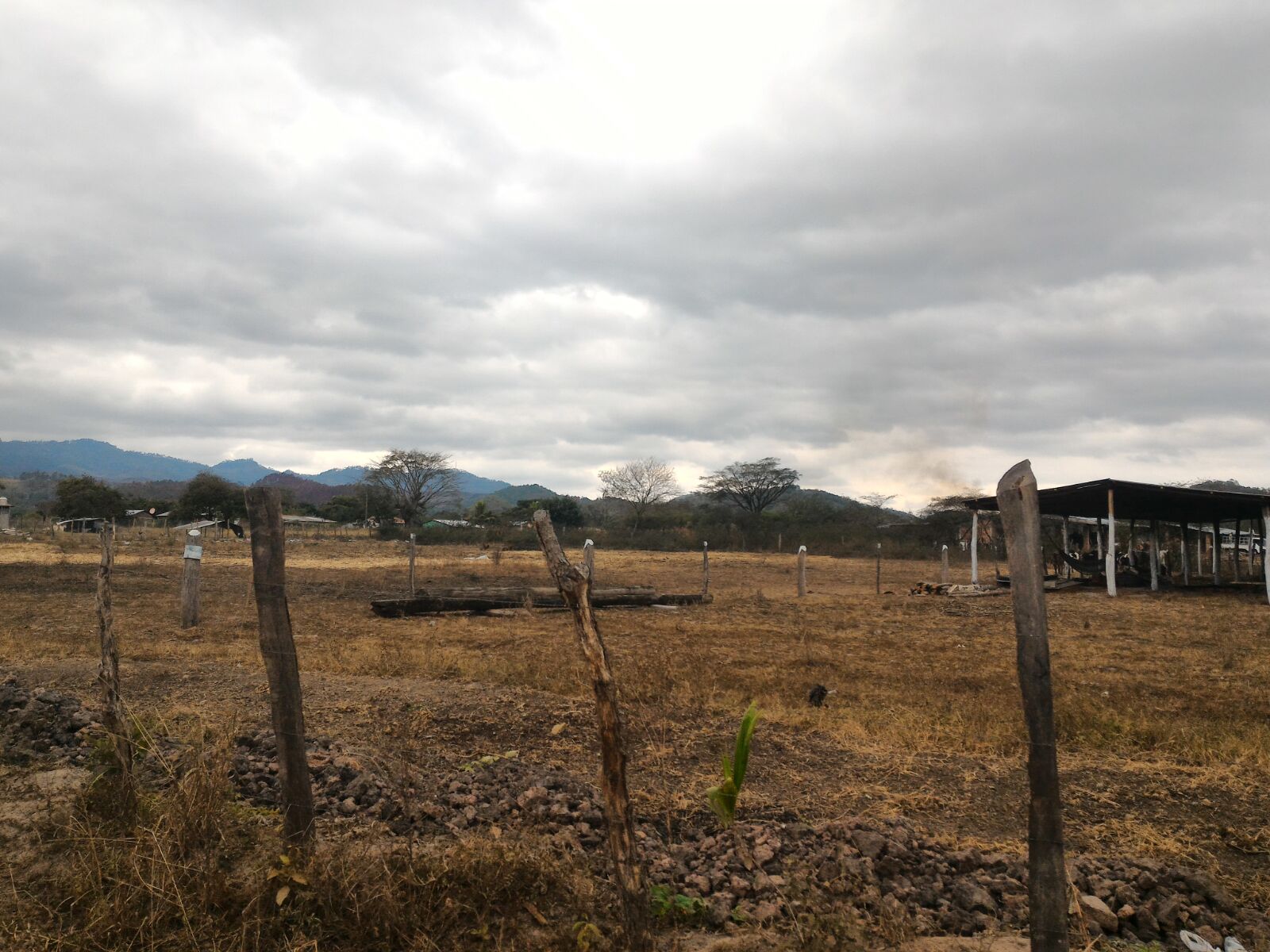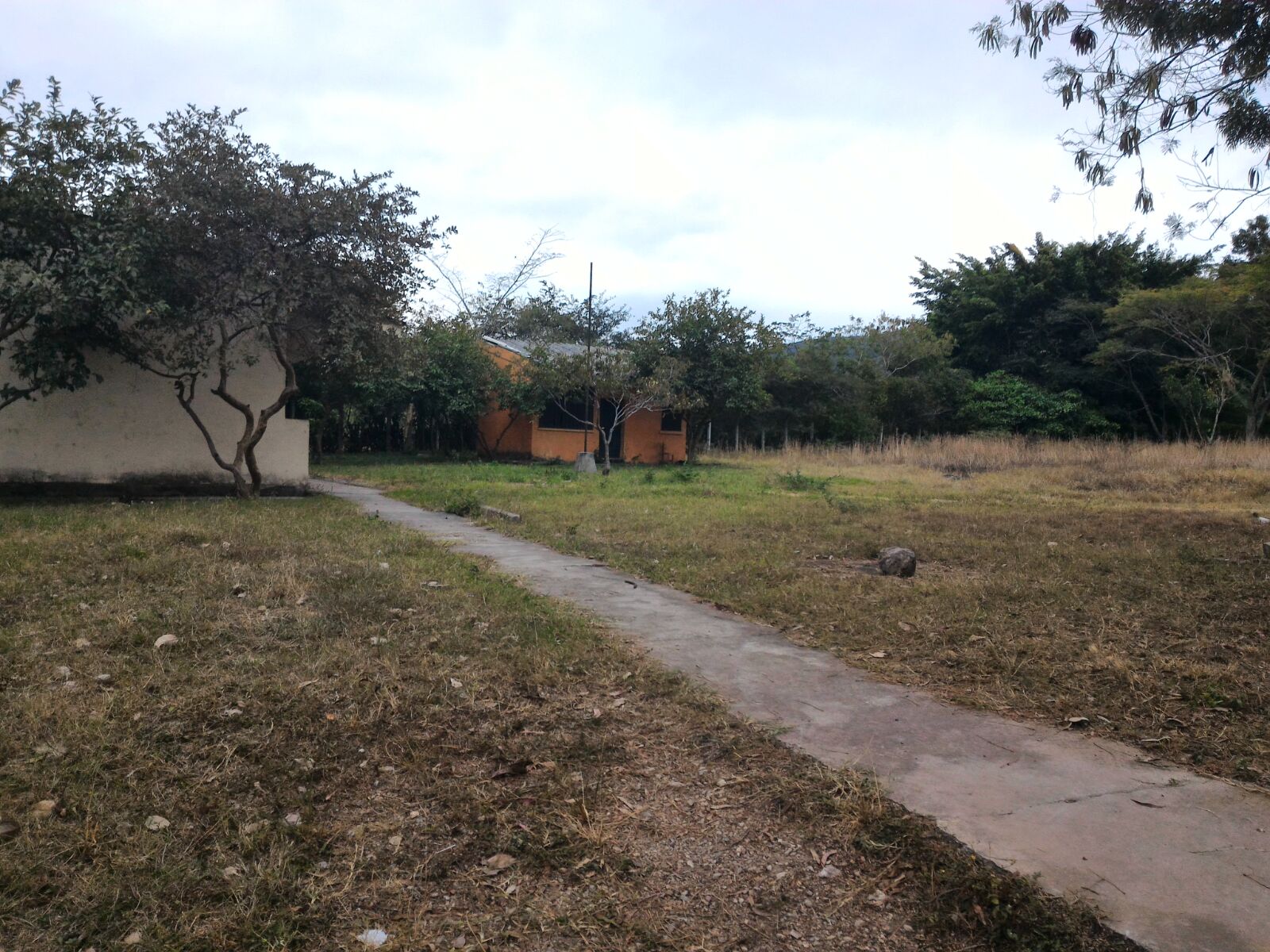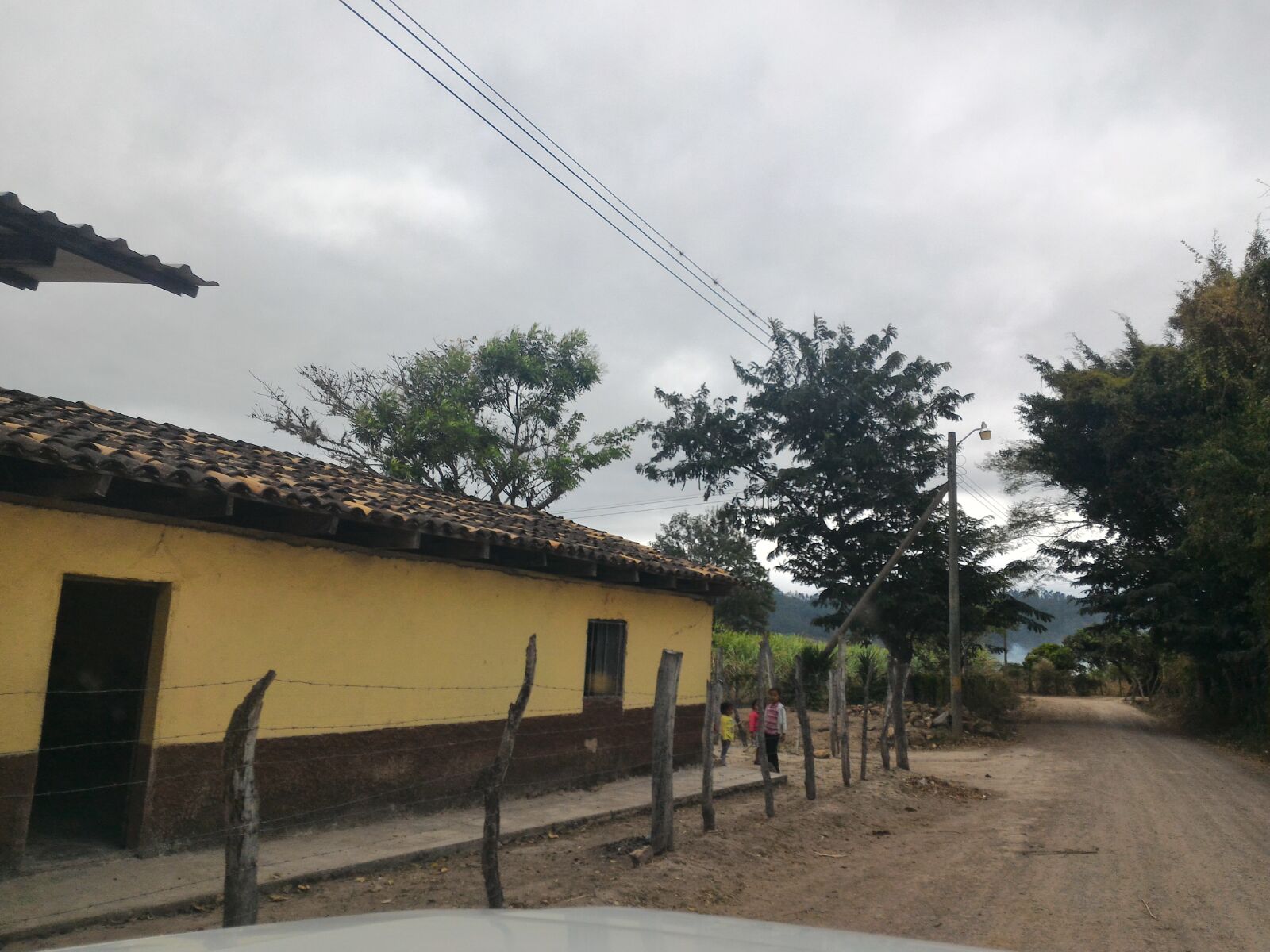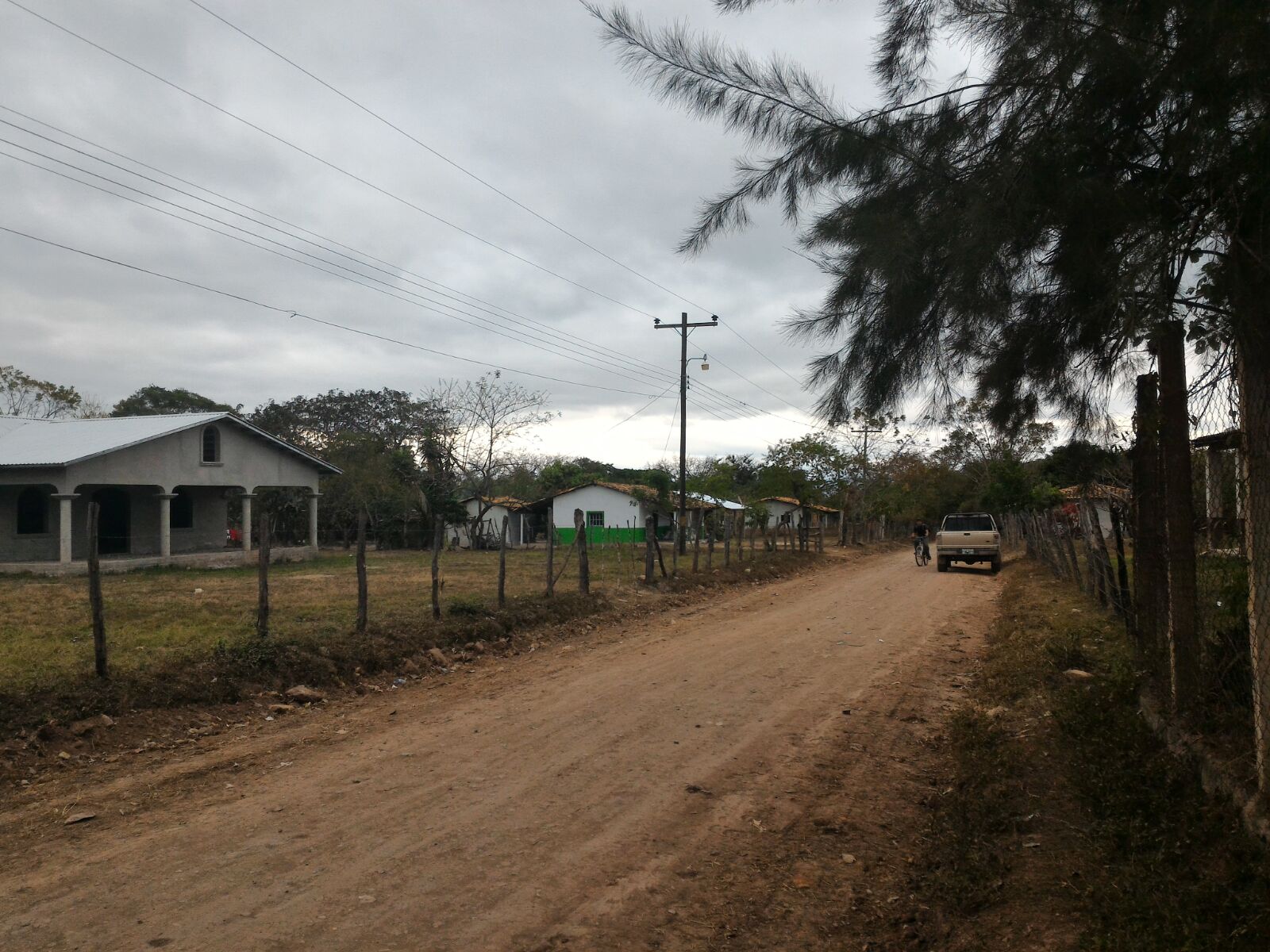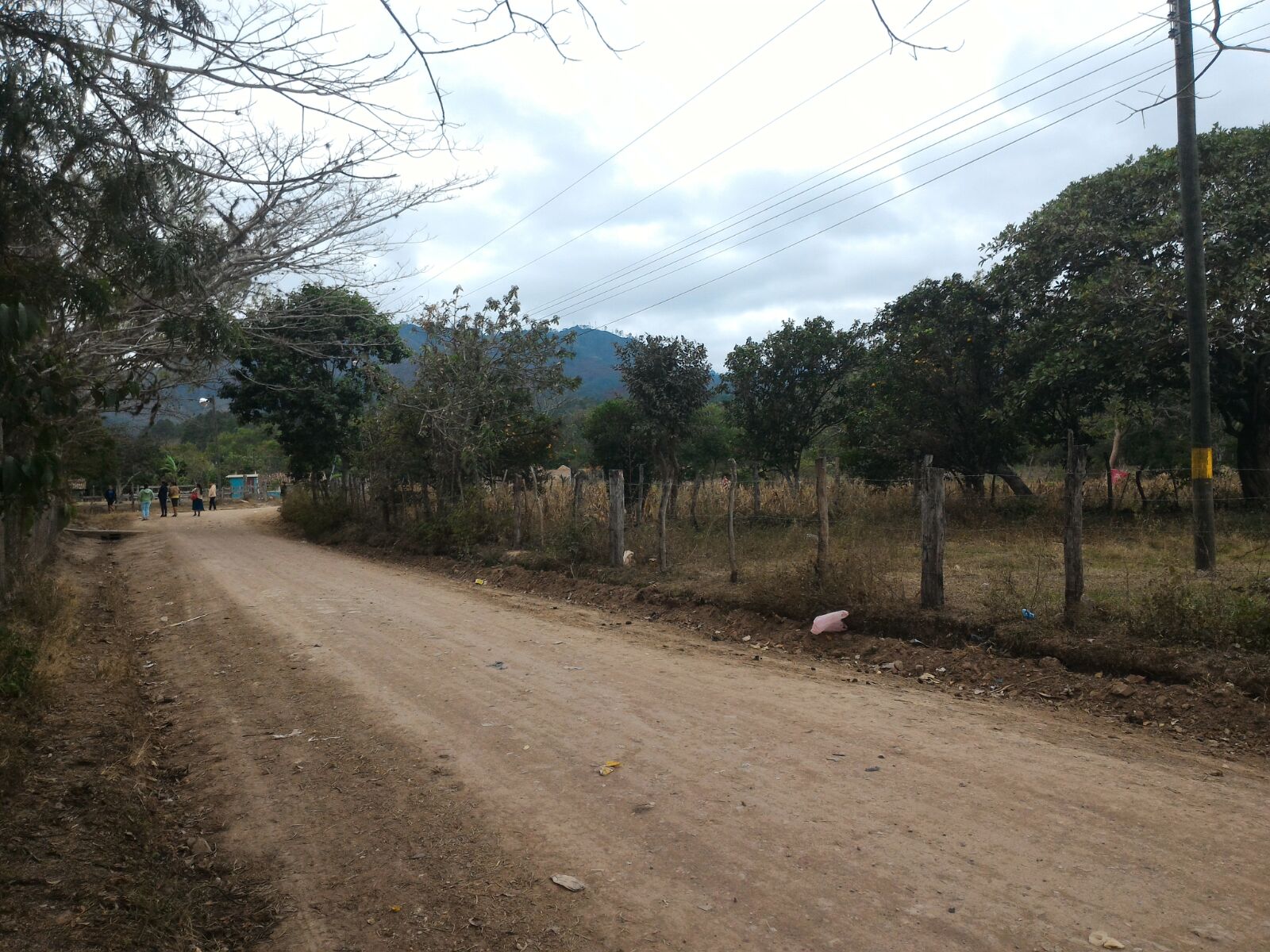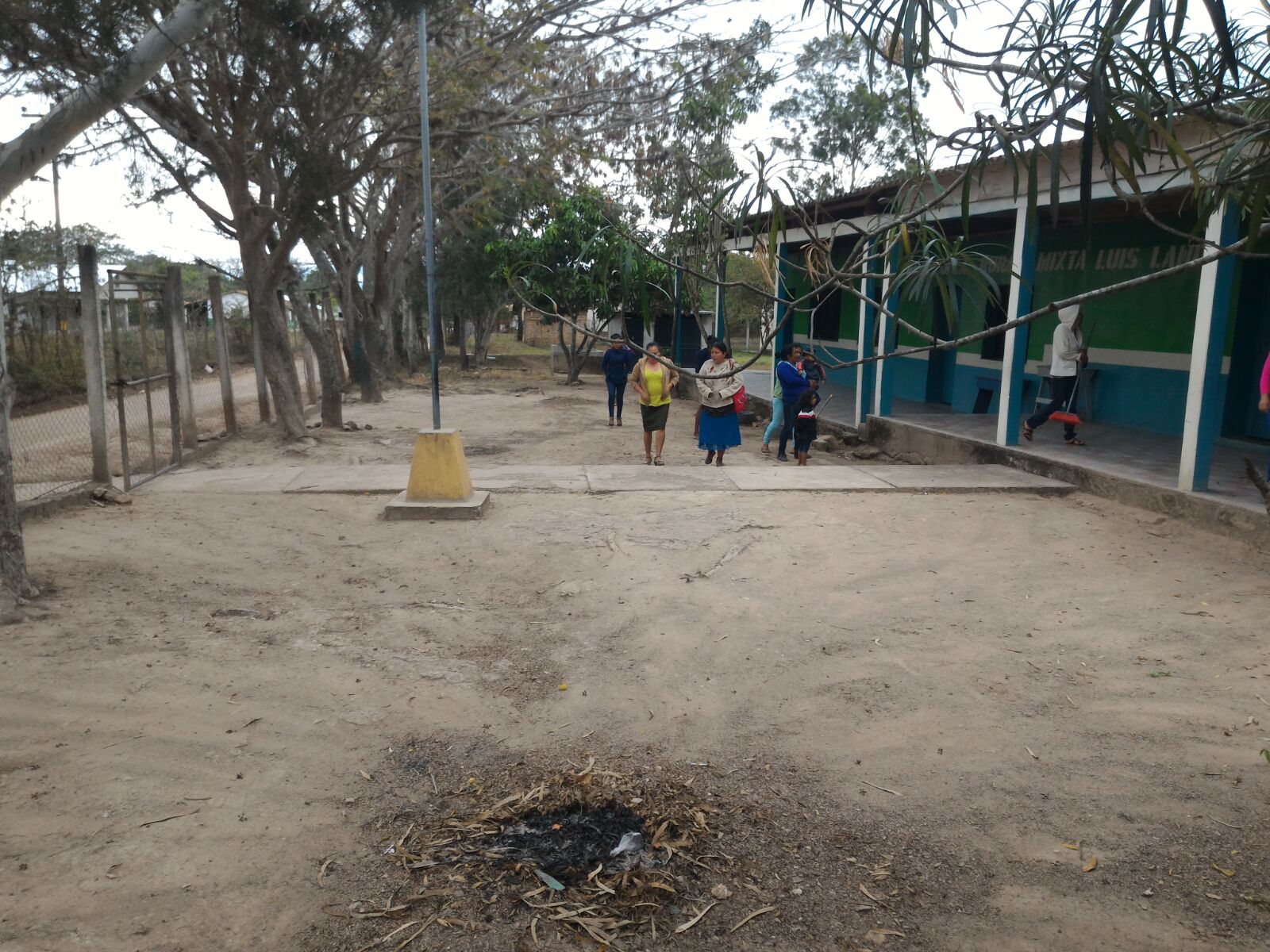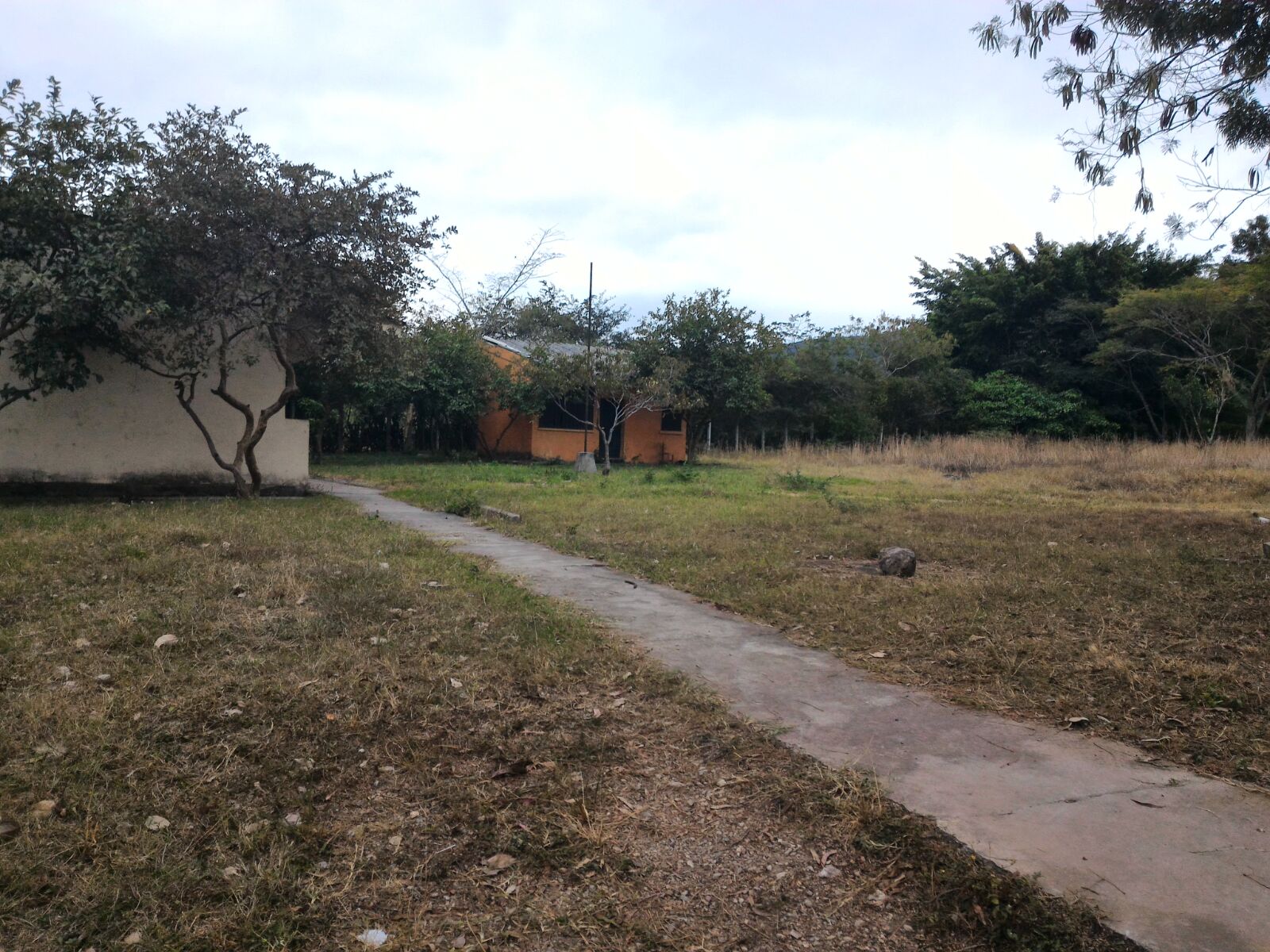La Labranza, Honduras
![]()
![]()
![]()
![]()
![]()
![]()
![]() Click on Programs to learn more about their work in this community
Click on Programs to learn more about their work in this community
General Information
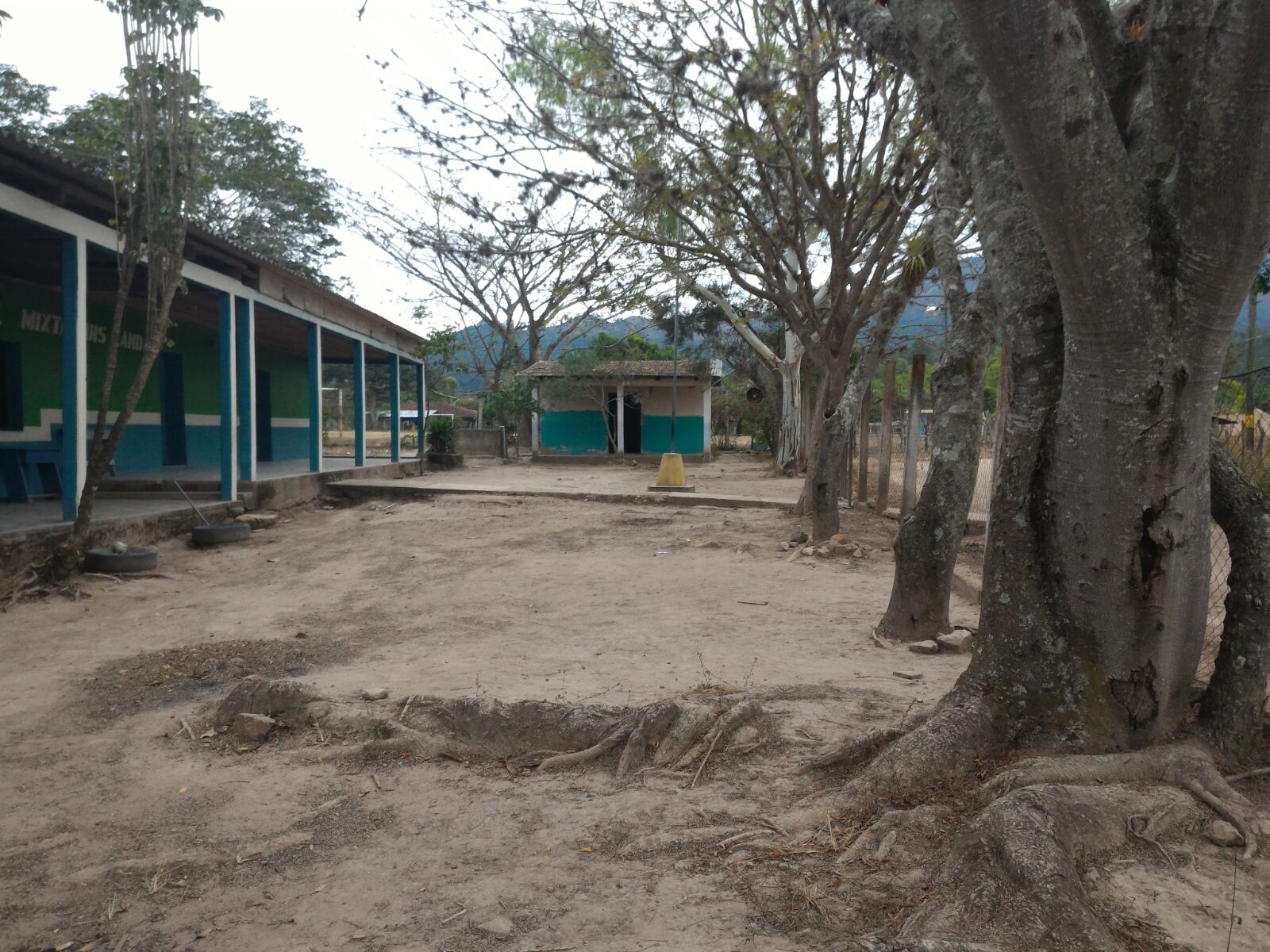
| Population* | 1,300 |
| Number of homes | 300 |
| Avg # of people per home | 5-6 |
| % of children |
0-5: approx. 600 5-12: approx. 120 |
| Primary Occupations |
Agriculture |
| Water System | Storage tank with pump |
| Community Bank | No
|
| % of Homes with Latrines |
Approx. 50% |
| Electricity | Yes |
| Corresponding Health Center | Talanga, 6km |
| Common Illnesses | Stomach illnesses, cough and cold, flu, diabetes, hypertension
|
| School Access & Distance | 3 primary schools, 1 kindergarten |
| Municipality | Talanga |
| Department | Francisco Morazan |
| Distance from compounds | Approximately 1 hour 30 minutes |
* Population does not reflect how many patients will be seen on medical
brigades as many people from surrounding communities come seeking
Medical Brigades medical attention.
Top Three Needs Expressed
Public health infrastructure (like letrines, water storage, cement floors, roofs), medical brigades, and better road access.
.
La Labranza has one kindergarten with 14 students and one teacher. The three primary schools have a combined student body of 120 children with only four teachers serving all students. Students who wish to continue their studies attend secondary school in the municipality capital of Talanga, about a 6km walk.
The existing water system serves about 75% of the population with water every other day. However, the water that reaches the homes is not treated for parasites or bacteria.
Approximately 30% of the homes in La Labranza have cement floors and a cement water storage tank. These are two public health projects that help improve cleanliness and sanitation in the home. All of the homes have traditional ovens which don't always have proper ventilation. This lack of proper smoke ventilation is a major cause of upper respiratory illness. The community could benefit from more widespread and complete public health programming.
There is a health center within a reasonable distance where community members can receive medical attention. Two community volunteers, Blanca Godoy and Merly Suyapa Gonzales, were trained as Community Health Workers. In this capacity they can serve their neighbors with basic first aid and health information.
Corn, beans, and sugar cane are the main agricultural good in the area. A majority of families make a living by harvesting these crops. Some men work in construction to earn extra income for their families.
La Labranza has received little benefit from other non-profit organizations throughout the years, although a few have provided support in the form of medical brigades. Global Brigades hopes to be a more consistent presence in the community to create a more sustainable change.
